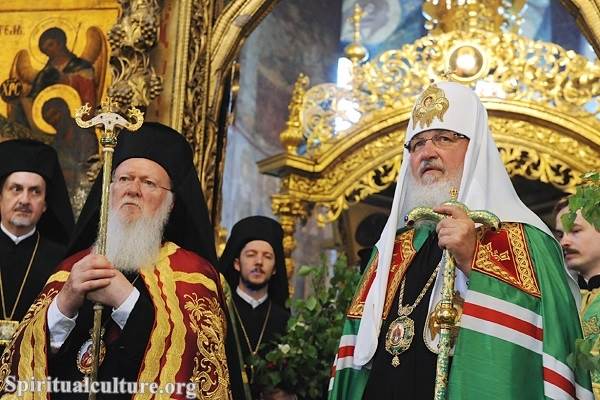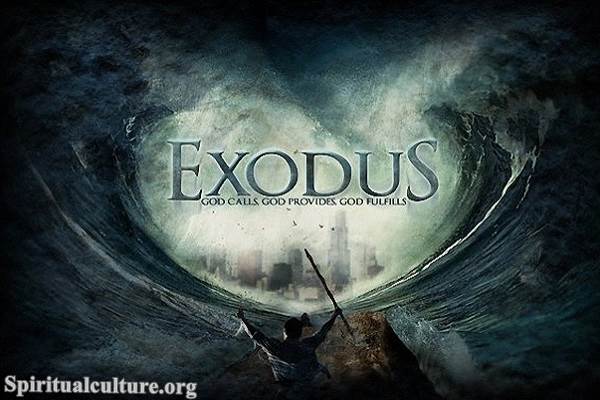A vast array of traditions, rituals, and celebrations are woven into the rich tapestry of Jewish life. Among them, Jewish holidays hold a special place, marking significant historical, religious, and agricultural events. These holidays are an integral part of Judaism, acting as a profound link between the past, present, and future, while also reinforcing Jewish identity and community.
Judaism: A Brief Overview
Judaism is one of the oldest monotheistic religions, tracing its roots back to over 3,500 years ago in the Middle East. Judaism is not just a religion; it’s an all-encompassing way of life that influences every aspect of a Jew’s life, from ethical and moral conduct to dietary laws and clothing. At the heart of Judaism are the Torah (the Jewish holy book), the synagogue (the Jewish house of worship), and the holidays and festivals, each with its unique customs and traditions.
Jewish holidays, also known as Jewish festivals, are an essential part of Judaism. They are a time for Jews to commemorate historical events, celebrate their faith, and strengthen their sense of community. Jewish holidays range from solemn occasions such as Yom Kippur, the Day of Atonement, to joyous celebrations like Purim, which commemorates the saving of the Jewish people from Haman in the ancient Persian Empire.
The Jewish Calendar and Jewish Holidays
The Jewish calendar, unlike the widely-used Gregorian calendar, is lunar, with each month beginning on the new moon. This calendar is filled with Jewish holidays, each carrying a special significance. The holidays can be broadly categorized into major and minor ones, with the major holidays typically involving more extensive religious and traditional observances.
Among the major Jewish holidays is Rosh Hashanah, which marks the Jewish New Year. It is a time for introspection and prayer, followed ten days later by Yom Kippur, the holiest day in the Jewish calendar. Passover, another major holiday, commemorates the liberation of the Israelites from slavery in ancient Egypt.
Minor Jewish holidays, though less intense in their observances, are equally significant. These include Hanukkah, the eight-day festival of lights, and Purim, a lively celebration involving costumes, feasting, and the exchange of gifts.
The Jewish Holiday Experience
Experiencing a Jewish holiday is a multi-sensory affair, full of sights, sounds, tastes, and emotions. Each holiday has its unique rituals, prayers, and traditional foods. For instance, during Passover, Jews participate in a special meal called a Seder, where each food consumed symbolizes a part of the Exodus story. On Hanukkah, families light the menorah, a special candelabra, and enjoy foods fried in oil, like latkes (potato pancakes) and sufganiyot (jelly doughnuts), commemorating the miracle of the oil that lasted eight days instead of one in the rededicated Temple.
The Jewish holiday experience is not just about observing ancient rituals but also about reinforcing Jewish identity and community. It’s a time for families to come together, for communities to connect, and for the Jewish faith to be passed down from generation to generation.
In Conclusion
Jewish holidays are a beautiful blend of history, faith, and tradition. They are a testament to the endurance and resilience of the Jewish people, a celebration of their rich heritage, and a reaffirmation of their identity. These holidays, deeply rooted in Judaism, offer an opportunity for Jews worldwide to connect with their past, celebrate their present, and express hope for their future. In the end, Jewish holidays are not just dates on a calendar; they are a living, breathing aspect of Jewish life and culture.


